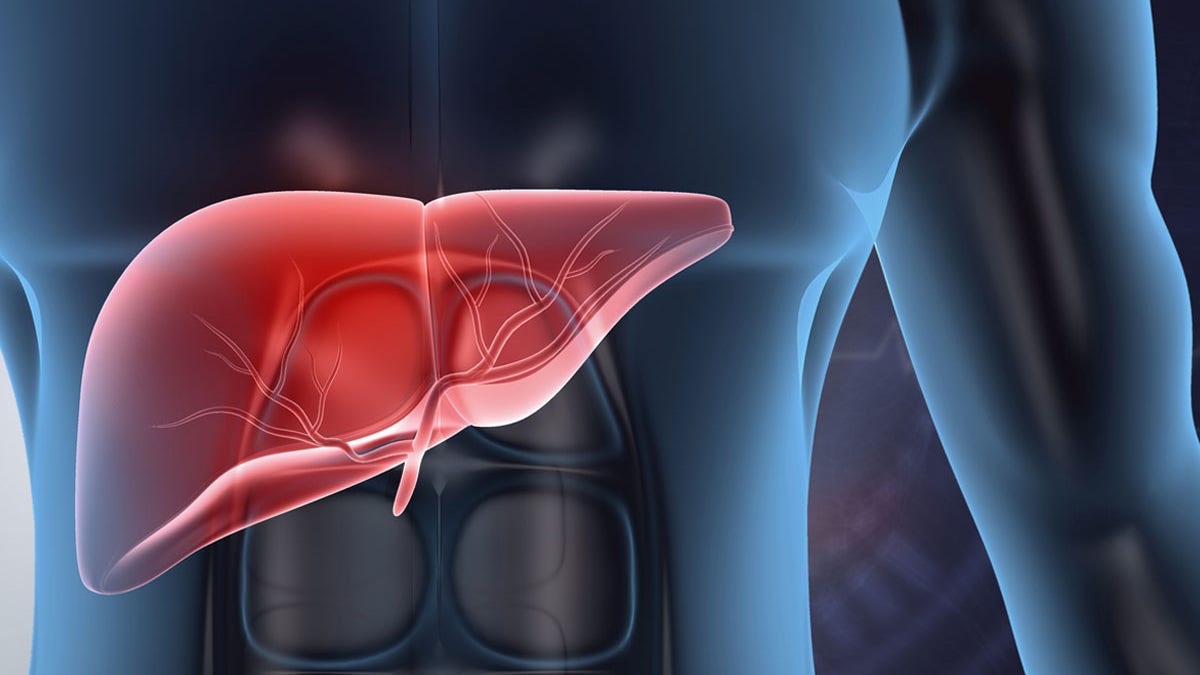A new era in organ transplantation has begun, offering hope to countless individuals awaiting life-saving procedures. The U.S. Department of Health and Human Services (HHS) recently announced that people with HIV can now donate kidneys and livers to HIV-positive recipients. This landmark decision, effective November 27, 2024, aims to significantly reduce transplant wait times and improve patient outcomes.
This change, part of the HIV Organ Policy Equity (HOPE) Act, builds upon research conducted since 2013, when HIV-positive organ donation was first permitted within research studies. A recent study published in the New England Journal of Medicine demonstrated the safety and efficacy of these transplants, showing comparable survival rates and low organ rejection rates over a four-year period among recipients of HIV-positive organs.

This decision marks a significant step forward in organ transplantation, allowing HIV-positive individuals to both give and receive the gift of life. (iStock)
According to HHS Secretary Xavier Becerra, this new rule eliminates unnecessary obstacles to kidney and liver transplants, expanding the available donor pool and improving outcomes for HIV-positive transplant recipients. Assistant Secretary for Health, Admiral Rachel L. Levine, M.D., echoed this sentiment, emphasizing the policy's alignment with scientific evidence and the commitment to updating medical practices based on the latest research.

Dr. Marc Siegel, a medical analyst for Fox News, emphasizes the critical need for expanding the organ donor pool. He practices at NYU Langone Health, a facility with a substantial organ transplant program. (Noam Galai/Getty Images)
Dr. Marc Siegel, Fox News senior medical analyst, highlighted the critical need for increasing the organ supply, stating that this change addresses the high demand for transplants while posing no additional risk to HIV-positive recipients receiving organs from HIV-positive donors. He emphasized that HIV is now considered a manageable chronic condition, particularly with the ability to suppress viral loads to undetectable levels.

The waiting period for liver transplants can be extensive, often reaching up to five years, highlighting the importance of expanding the donor pool. (iStock)
Current wait times for kidney transplants average three to five years, while liver transplant candidates may wait up to five years. This policy change offers a new avenue for those in need, potentially shortening these lengthy waits.
The National Institutes of Health (NIH) is currently exploring the possibility of extending this policy to include heart, lung, and pancreas transplants from HIV-positive donors, further broadening the scope of this life-saving initiative.








